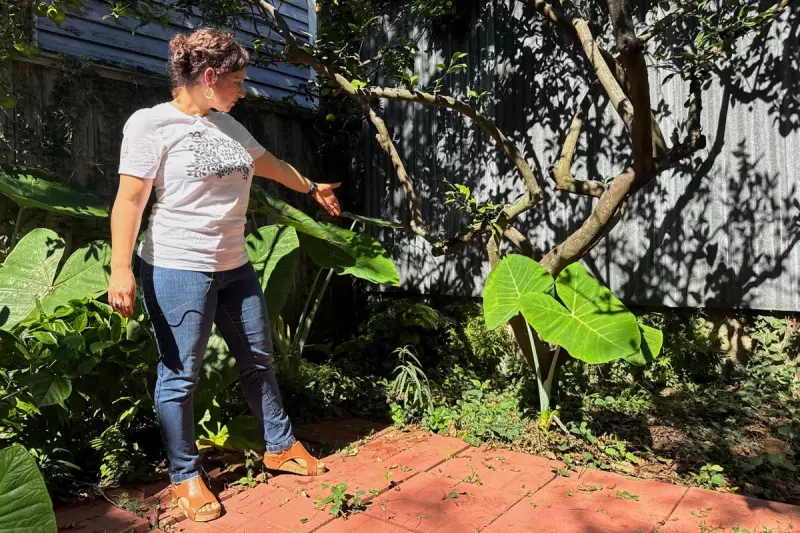
In a remarkable scientific breakthrough that rewrites the history books, residents of New Orleans have been found to carry unexpected Roman and Latin genetic markers, revealing a far more complex European heritage than previously understood.
The Genetic Surprise
Cutting-edge DNA analysis has uncovered that many modern New Orleanians possess significant Italian ancestry, tracing back to Roman and Latin populations. This discovery challenges the long-held assumption that the city's European roots were primarily French and Spanish.
The research, conducted by a team of international geneticists, reveals that approximately 10% of the genetic makeup in studied participants shows direct links to ancient Roman populations. This finding suggests a much deeper and more diverse European migration pattern than historical records indicated.
Historical Implications
This genetic revelation forces historians to reconsider New Orleans' founding narrative. While the city was established by French colonists in 1718 and later came under Spanish rule, the Roman DNA evidence points to earlier or parallel migration patterns that have remained undocumented in conventional historical accounts.
The presence of such distinct Italian genetic signatures raises fascinating questions about unrecorded migration routes and settlement patterns in the early colonial period.
Scientific Methodology
Researchers employed advanced genomic sequencing techniques to analyse DNA samples from hundreds of New Orleans residents whose families have lived in the region for generations. By comparing these samples with genetic databases from European populations, scientists were able to identify specific markers associated with Roman and Latin heritage.
The study represents one of the most comprehensive genetic surveys of the New Orleans population to date, providing unprecedented insights into the city's complex ethnic tapestry.
Cultural Connections
This genetic discovery may help explain certain cultural similarities between New Orleans and Mediterranean regions that have long puzzled anthropologists. From architectural influences to culinary traditions, the Roman connection offers new context for understanding the city's unique cultural blend.
The research team emphasises that these findings highlight the complex, interwoven nature of human migration and the limitations of relying solely on written historical records.





